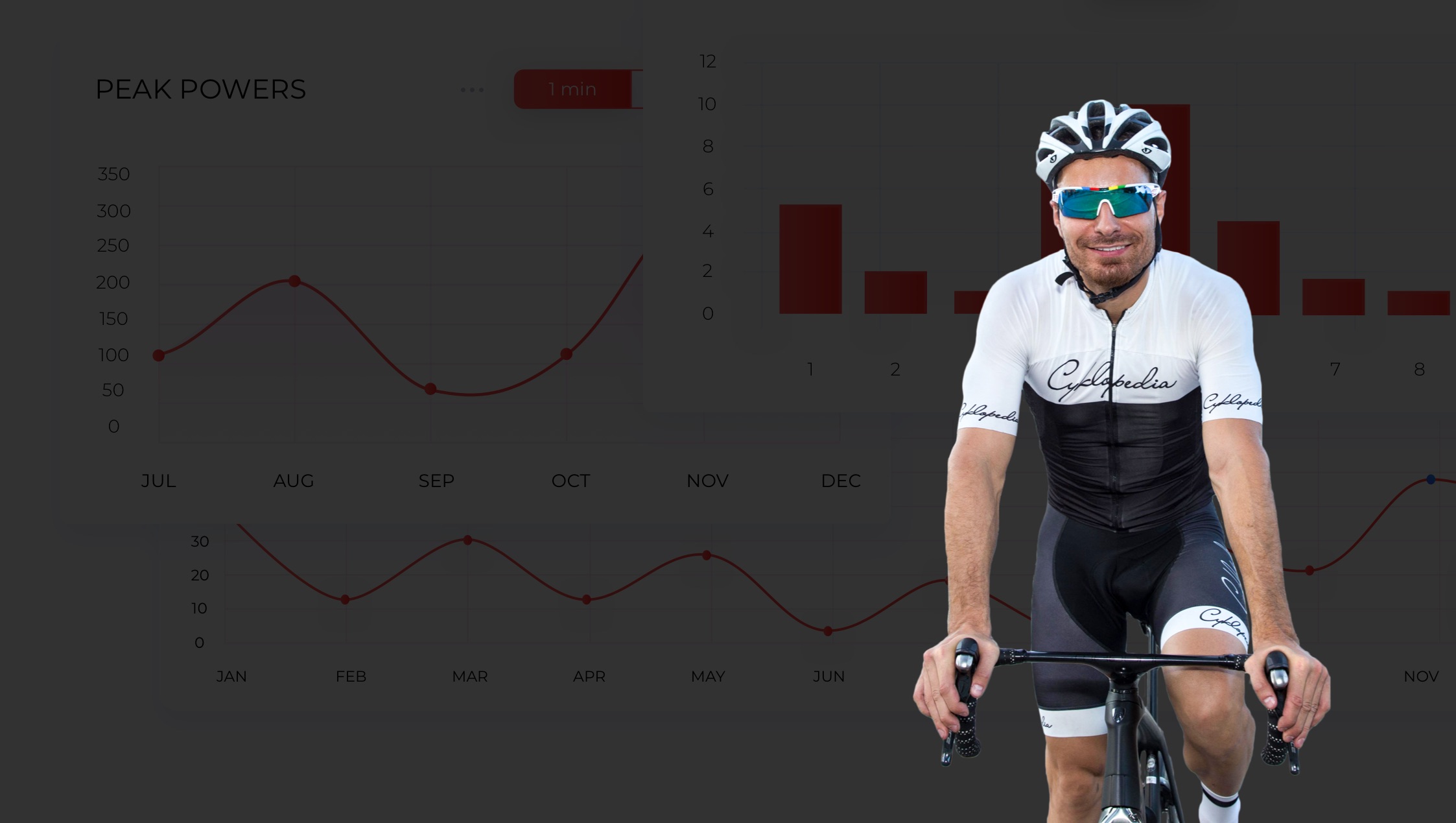Let’s Talk About Your Struggles #2
Thank you for filling out our survey it helps us to create better content, answer your questions, and help you to overcome your struggles in Cycling. We encourage you to fill it out if you didn’t do it yet so we can address your problem too.
“Keep me in form even though I’m getting older:-)”
It really concerns all of us, we slowly move to different age categories, and at some point, we are starting to slow down.
But there are few things to pay attention to when you are an “older” cyclist.
- Do strength training, with age your muscles are getting weaker, it is important to keep them strong (not only your legs).
- Recovery time is getting longer, remember about that and implement it into your training plan.
- Metabolism will be different too, keep eating healthy for example you can use a carb cycling diet.
- Work on your flexibility, stretching exercises can prevent many injuries.
- Work on “higher zones” like, neuromuscular power, VO2 Max, anaerobic capacity.
“Fear for falling and irreparable breakdown on longer routes from home”
Periodization in cycling is impotent, to be able to improve you need to give your body “stress” which is training load and “adaptation” which is recovery.
If you want to do 100 miles ride but you are afraid that it is too long and it will be hard to get back home. Do inverse engineering, what do you need to do to be able to ride 100 miles?
First, it would be great if you can ride 90 miles but before you need to be able to ride 80 miles, etc. My point here is that you use periodization and you slowly increase the time of your workout (with the right time for recovery). For example, you can make your endurance ride 40 miles in the first week, the second week it will be 45 miles third week 50 miles and so on. When you get to 80-90 miles, 100 miles won’t look so scary.
“Over training”
Very common thing withing young cyclists and at any group age of ambitious people.
Many times we are not able to be objective with ourselves and we put more workload then we can handle, here is a place for the coach who will be watching your workload and how you recover, so with the right balance you can progress.
But what if you don’t have a coach but you don’t want to overload?
The first rule is to always listen to your “body”, most of the time it can tell you that you are tired, not “fresh”, it is time to rest. Watch your heart rate, your HRV, and how you feel during a similar workout compare to previous weeks.
Always use periodization at your training plan and remember that recovery is more important than an actual workout! You are not getting stronger when you do another set of VO2 max intervals 5 x 4 min, you getting stronger when you have a good sleep after a good meal.
Always plan long-term don’t try to get fast results, or catch up after sick days or extra off time.
Be realistic and set up goals that you can achieve in a few months, this year, next season, or in 5 years.
More tips coming soon, if you have any questions leave a comment below.







